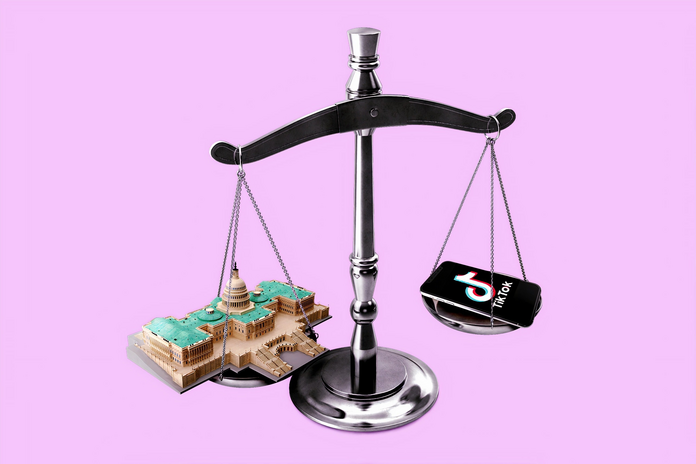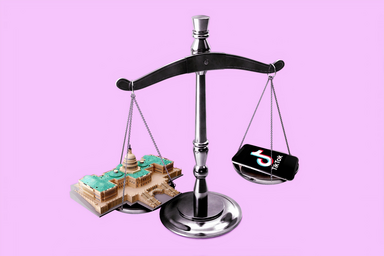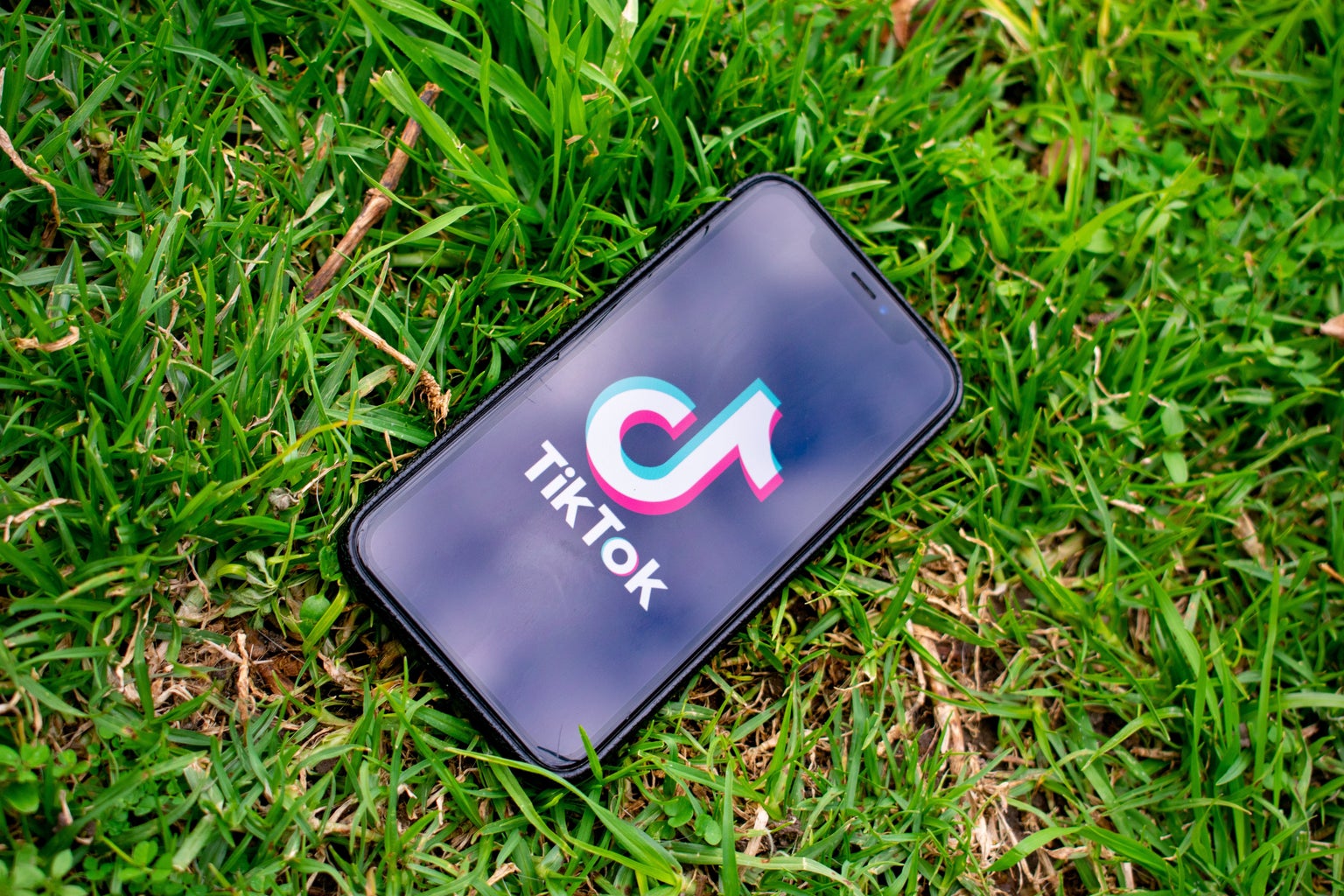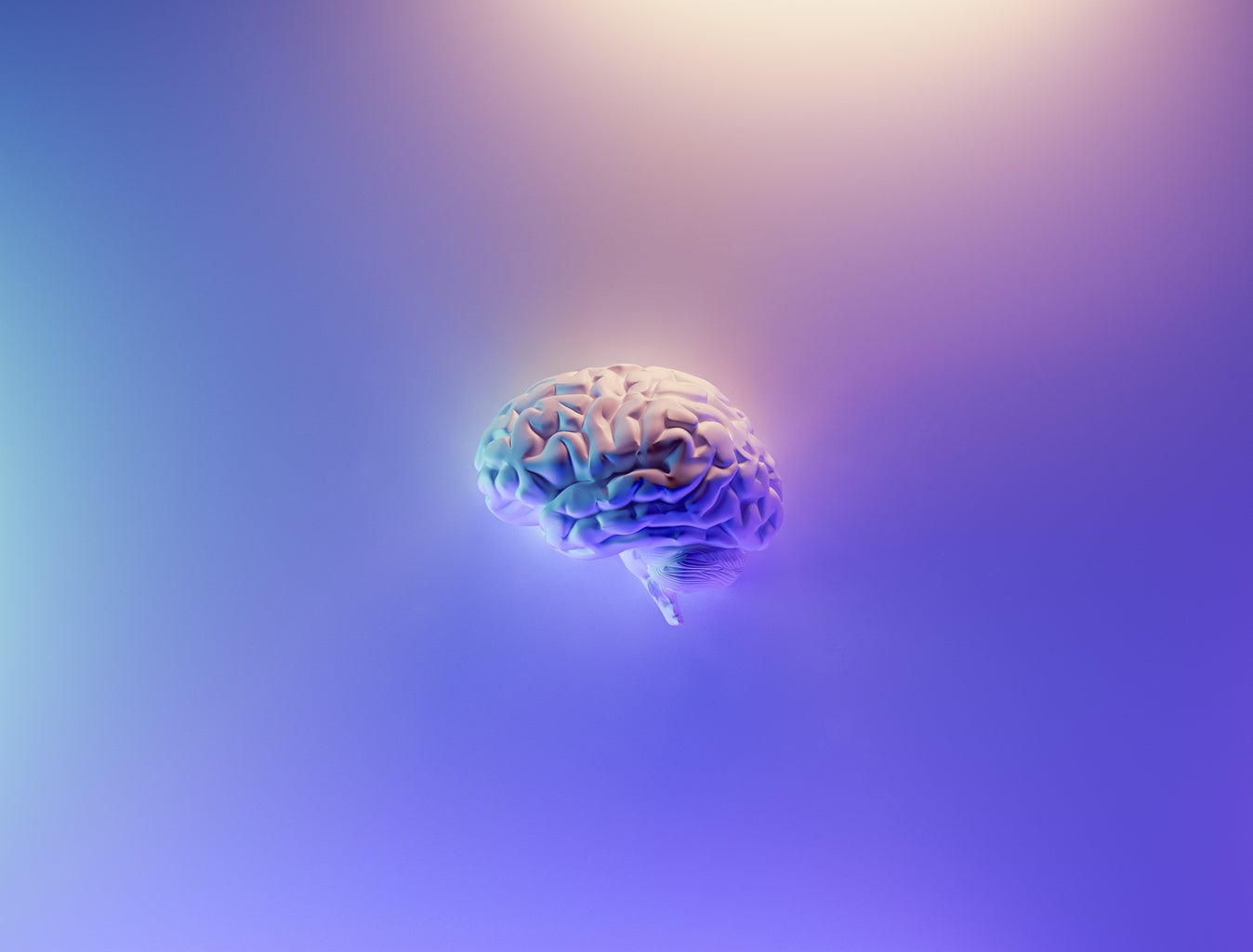In the vast landscape of social media platforms, TikTok has emerged as a global phenomenon, captivating millions with its short-form video content and addictive scrolling experience. While TikTok’s popularity continues to soar, questions about its impact on mental health and cognitive well-being have arisen.
On one hand, TikTok offers an avenue for creativity, self-expression, and community building. Users can easily create and share content that resonates with them, connect with like-minded individuals, and find entertainment in the diverse array of videos available. From dance challenges to educational content, TikTok has become a melting pot of ideas and trends, fostering a sense of belonging and inclusivity among its users.
However, there’s a downside to TikTok as well. It can mess with how we feel and think. The app keeps showing us more and more videos with its fancy algorithm, making us scroll endlessly. This can make us spend too much time on our phones and even get addicted. Besides, seeing all these so called perfect influencers and successful people on TikTok can make us feel bad about ourselves and potentially affect our self-esteem in general. We start comparing ourselves to them and can start to feel like we’re not good enough. It’s like getting trapped in a cycle of feeling not good enough and constantly falling short.
Furthermore, constantly striving for fame and approval on TikTok can really mess with people’s mental well-being. Feeling like you have to get tons of likes, comments, and followers can make you believe your worth depends on these online numbers. This can create a culture where everyone is desperate for validation and hooked on seeking approval. Especially for those who are more sensitive, this can make feelings of anxiety, depression, and loneliness even worse, as they struggle to keep pace with the ever-changing trends and expectations on the platform.
Besides affecting mental health, TikTok’s quick and bite-sized content format also makes us worry about how it affects our thinking abilities. The flood of short videos can make our attention spans shorter, our concentration weaker, and make it harder for us to think deeply about things. When we’re constantly watching one video after another, it’s tough to focus on tasks that need us to think hard or pay attention for a long time.
Navigating the TikTok Paradox requires a balanced approach that prioritizes self-awareness, mindfulness, and digital literacy. Users must be mindful of their usage patterns and the emotional responses elicited by the content they consume. Setting boundaries around screen time, taking regular breaks, and engaging in offline activities can help mitigate the negative effects of excessive social media use.

Furthermore, fostering a culture of authenticity, kindness, and self-compassion within the TikTok community can promote a healthier online environment. Encouraging users to embrace imperfection, celebrate diversity, and support one another’s mental well-being can counteract the harmful effects of comparison and competition.
In conclusion, the TikTok Paradox encapsulates the complex interplay between social media, mental health, and cognitive well-being. While TikTok offers unlimited opportunities for both creativity and connection, its pervasive influence poses challenges that must be addressed proactively. By fostering a culture of mindfulness, authenticity, and digital well-being, we can harness the potential of TikTok while safeguarding the mental health and cognitive well-being of its users that consist of all ages.




